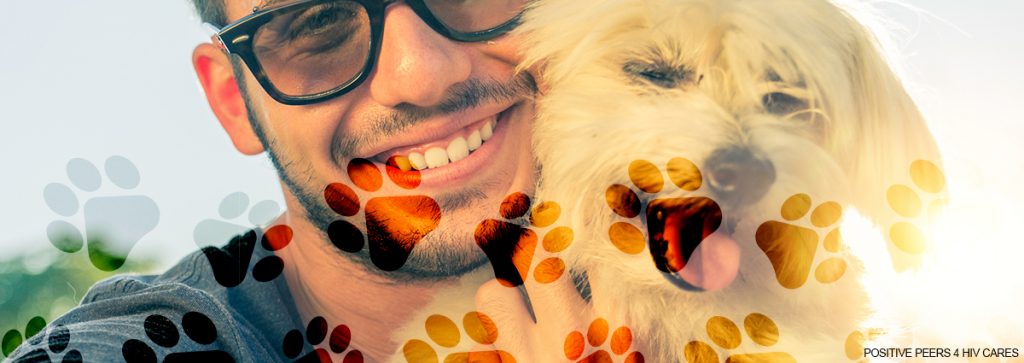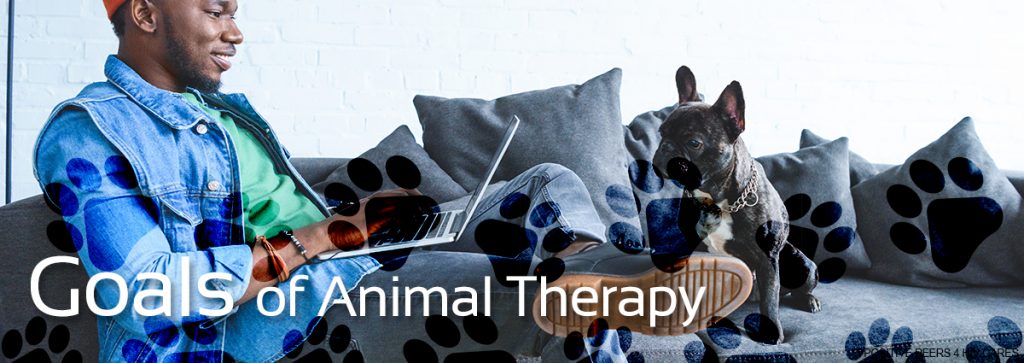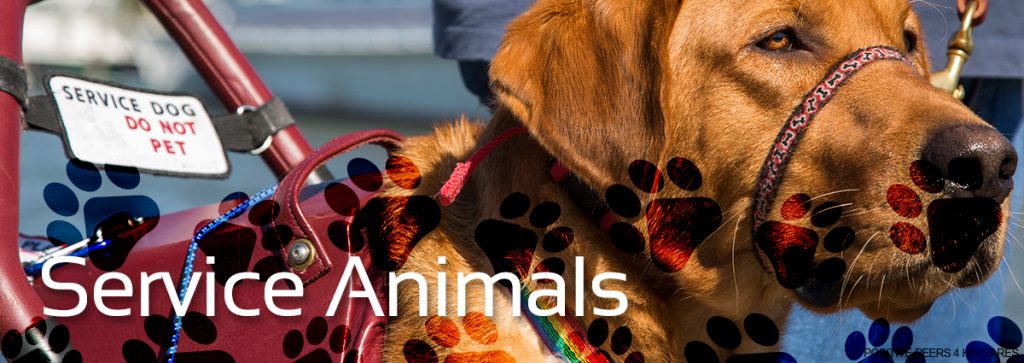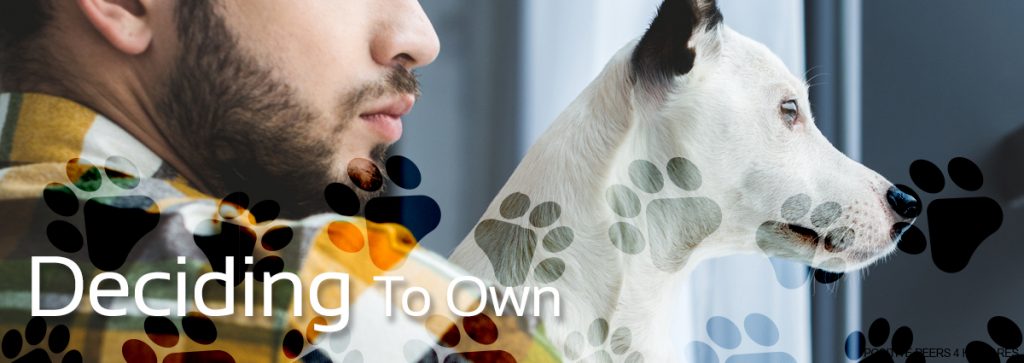
By: Ann K. Avery, MD, Infectious Disease Physician at MetroHealth Medical Center
Animal-assisted therapy is a field that uses animals to help people deal with Post Traumatic Stress Disorder (PTSD), physical injuries, and other health problems. The goal of animal therapy is to improve people’s social, physical, and emotional abilities. Military veterans, trauma survivors, and people just like us are using this type of therapy to feel better naturally. And it’s working. Studies have shown that the bond between people and animals can make us healthier and happier.
What is animal therapy? There are many different kinds of animal therapy. Some programs all over the country bring animals into hospitals and other high-stress settings to help people manage their issues. For example, many hospitals have therapy dogs that visit patients while they are in-patient.
Some people even get their own service or emotional support animal. These are animals specifically trained to perform a task (like a seeing-eye dog for an owner with vision impairments) or to help lower anxiety and comfort their owners.
Even in small doses, spending time with therapy animals can make a big difference in improving someone’s mood and outlook on their situation. Some of these therapies can also be a motivation for someone to exercise as a form of playing and having fun with the animal.
Dogs are normally the most commonly used service animals. Equine (horse) therapy is also common and can help lower anxiety, depression, and other mental health issues. Fish and pigs are also sometimes used for therapy, but they aren’t as common.

Goals Of Animal Therapy
Animal therapy can help people develop social skills, increase motivation to exercise, and improve self-esteem. The human-animal bond can also increase levels of oxytocin, a hormone in the body that makes us happier.
The oxytocin hormone has long-term health effects on our bodies and can promote faster healing. For people living with HIV, the hormone can reduce anxiety, depression, and pain as well.
Come join our private, stigma-free, supportive community.
Health management tools with medication & appointment reminders.
Social networking in a community conversation & private chats.
How Animals Can Help Those Living With HIV Long Term
Unfortunately, studies show that people living with HIV are twice as like to be depressed as people who are not living with the illness. Another study found that dog ownership reduced the chances of depression in people living with HIV.
Even though there isn't much research about the direct effect animals have on people living with HIV, the common belief is that owning an animal can be helpful to almost anyone. Sometimes, the best way to find our own comfort and care is to give love and attention to something that can’t care for itself. It can be a great relief to focus on something other than ourselves when we are in need of some uplifting.

Service Animals
HIV and AIDS both qualify as a disability under the Americans with Disabilities Act. This law makes it an option for qualified people to have a service dog accompany them in places where pets are usually not allowed. In some circumstances, this can make having a service dog an additional treatment option.
Some organizations specialize in training dogs to make them certifiable service animals, while others are good resources to connect you with a dog that’s already trained that might be a good fit for you.
And for people who have service dogs, they can’t be refused service or not allowed to enter a building because of their dog. In fact, the animal is given special rights to be by your side wherever you go.

Deciding To Own A Service Animal
Whether you have a trained service or emotional support animal, having a pet can improve your quality of life and make it easier to focus on something else when you’re stressed out. Of course, training and caring for an animal, especially a service animal, takes a lot of responsibility, but the unconditional love they offer in return is priceless.
If you’re looking to learn more about getting a service animal or working with therapy animals, search in your area for an agency that offers pet therapy opportunities.
You might even want to think about volunteering at a local animal shelter to get used to being around animals before you take one on full time. Talk to your family or HIV care provider if you’re thinking about how animal therapy can work for you.
Related Blogs:


